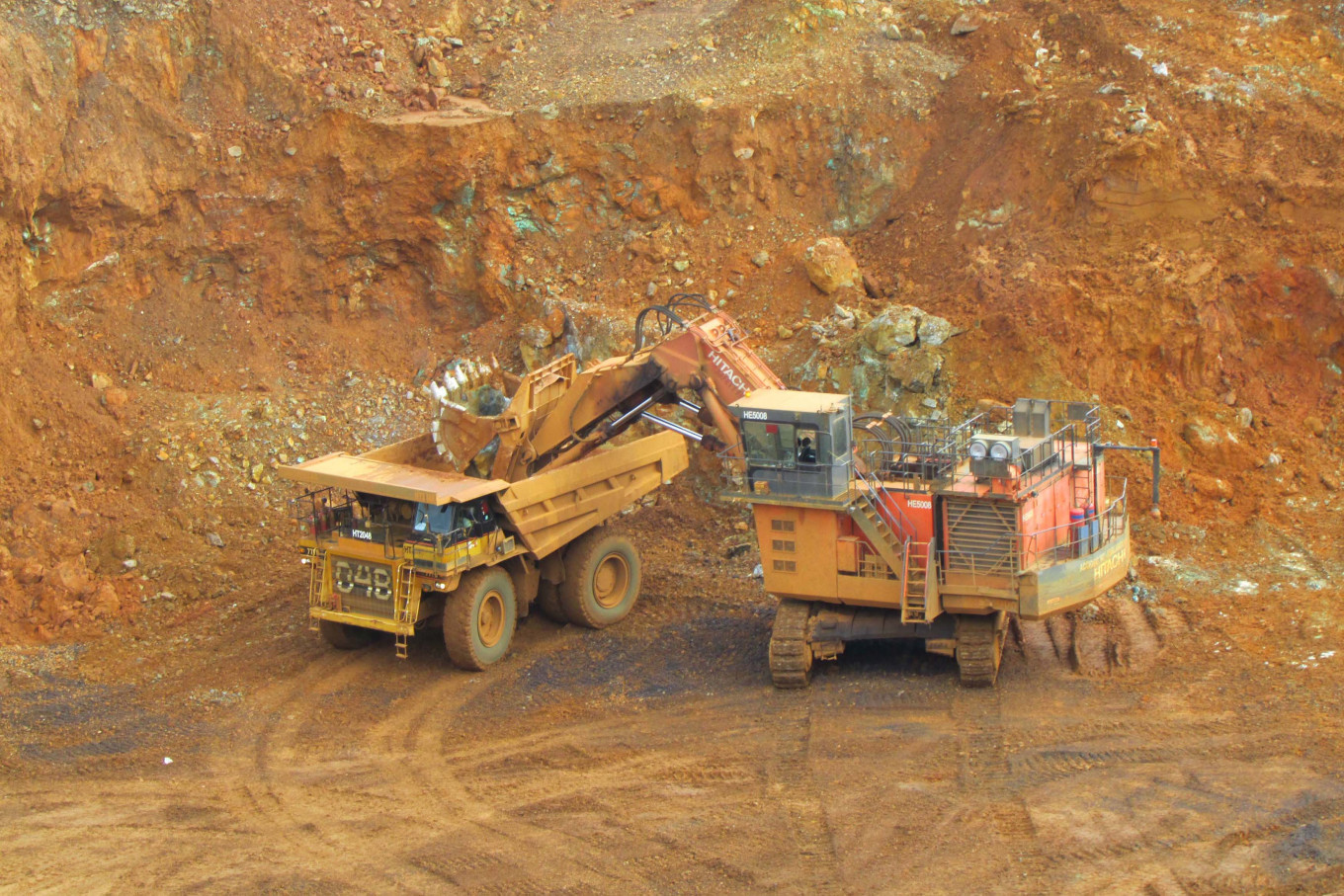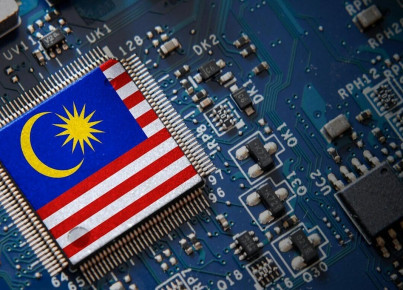Jakarta is extremely rich in it, and the element has become strategically important due to the advancement of electric vehicle production. Attracting the interest of major powers
That there is unanimity toward the need to move away from fossil fuels by 2050 is now a fact, especially following the historic COP28 agreement. However, when it comes to considering the shift to renewable energy sources as an opportunity for sustainable growth for developing economies, unanimity leaves room for a view imbued with both optimism and pessimism. Indonesia, with its use of nickel as a driver of the green transition and subsequent environmental damage, is a case in point.
In recent years, nickel (especially class1 nickel) has become strategically important due to the advancement of electric vehicle (EV) production, whose annual sales will reach at least 41 million by 2030, according to the IEA. Due to its exceptional properties and high recycling efficiency, nickel contributes to the circular economy, and more broadly to the achievement of various SDGs. Not surprisingly, Indonesia, as the world's largest nickel producer with 52 percent of total global reserves, aspires to become an indispensable hub for the EV industry. Indeed, the country has cost advantages and relative ease of developing new projects compared to other countries producing the metal, including the Philippines, Russia and Australia. Moreover, with the adoption of regulations banning its export, the government has been able to attract massive investment, mainly from China.
However, while it is true that the phasing out of gas-powered cars is a major part of the energy transition, it is also true that processing nickel for use in EV batteries involves significant environmental impacts. Indeed, it is worth noting that most of Indonesia's production is class2 nickel, which requires processing processes to be transformed into class1 nickel. And, unfortunately, mining and processing activities have generated large volumes of toxic waste, caused deforestation and loss of biodiversity. It gives pause for discussion that the environmental damage is borne entirely by the place where the mining takes place, and ultimately by the communities living there. Just as it makes one wonder that these plants are highly energy intensive, sourcing mostly from coal-fired power plants.
Nevertheless, nickel exploitation represents a significant opportunity for Indonesia to sustain its economic growth, consolidate its leadership role in the region, and aspire to be a high-income country. Being a critical sector for industrial balances, nickel inevitably affects geopolitical dynamics, making Jakarta an increasingly coveted prey for Beijing and Washington. On the one hand, China as the world leader in EV production, has invested $8 billion in 2022 increasing its influence in the country as a crossroads between the Indian and Pacific Oceans. Effectively, many nickel refining operators are owned by China's Jiangsu Delong Nickel Industry, just as the Morowali Industrial Park (IMIP) is Sino-Indonesian-owned. On the other hand, strategic ties between Washington and Indonesia were elevated to a Comprehensive Strategic Partnership (CSP) in November 2023, although they still remain superficial and lack economic cooperation. Indeed, the absence of bilateral free trade agreements between the U.S. and Indonesia and the resulting trade barriers will make it difficult to implement key programs for the CSP, including precisely the possibility of a critical minerals agreement. In conclusion, just as the transition to EVs alone will not be enough to ensure sustainable development, the persuasive attitudes of the two major powers toward Indonesia will also not be enough to achieve the abandonment of the non-alignment policy pursued by outgoing President Joko Widodo and, apparently, also by the next leader Prabowo Subianto.






